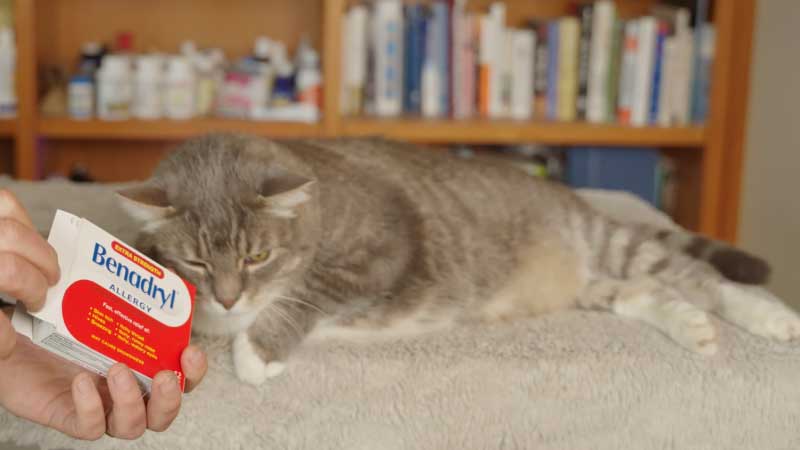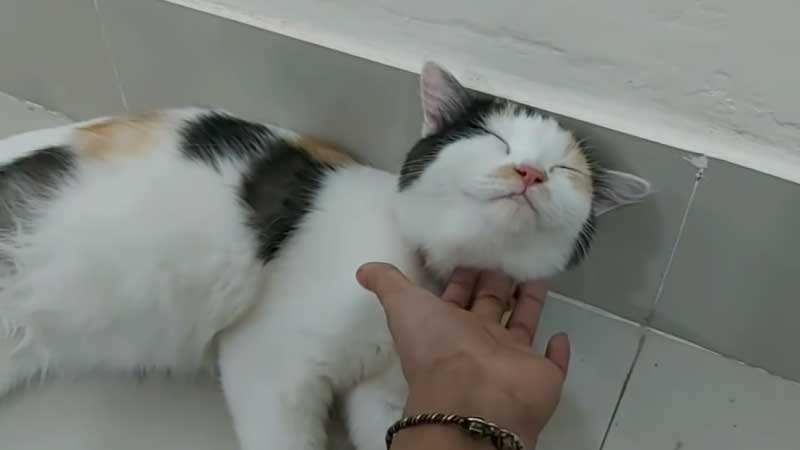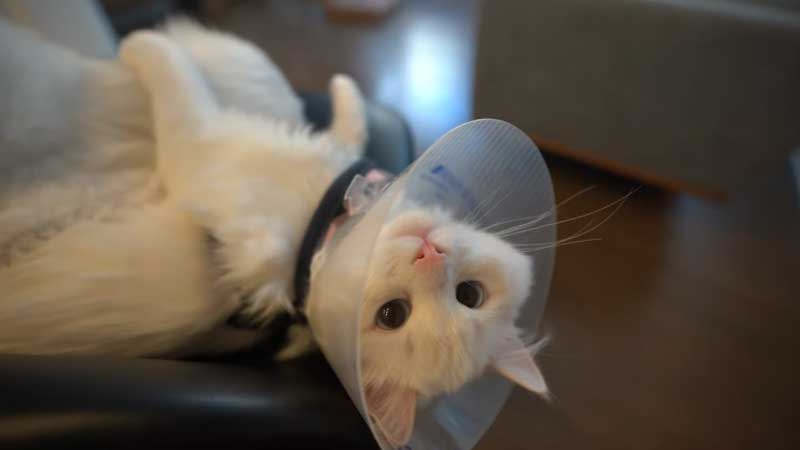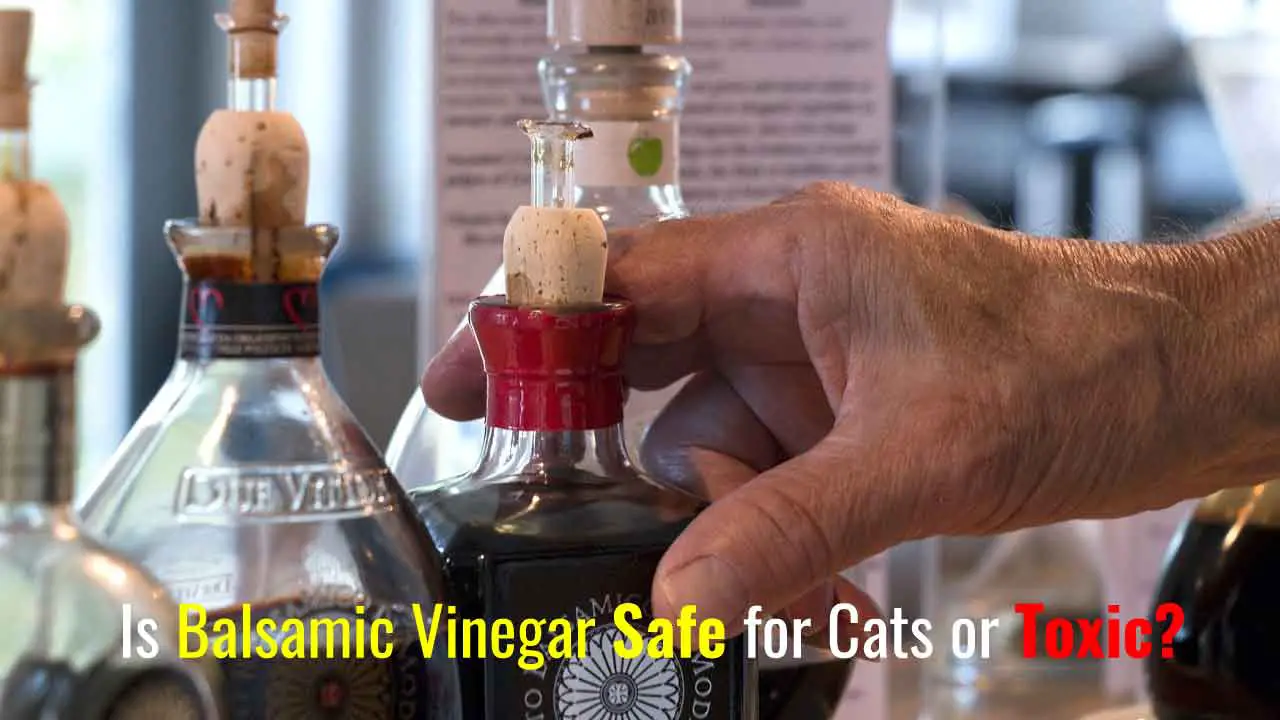Its generic name is diphenhydramine, also known as Benadryl. Basically, it is an antihistamine that helps relieve allergy symptoms such as itching, sneezing, and a runny nose. It works by blocking histamines, which are chemicals that trigger allergic reactions.
Many cat owners have wondered, “Can you give a cat Benadryl? Is Benadryl safe for cats?” While Benadryl is a common antihistamine used for humans, its use in cats requires special attention and care. Let’s dive into this question to understand the safety and risks involved.
Table of Contents
Recognizing Cat Allergies and Symptoms

Before thinking about any medication, it’s crucial to identify the signs of allergies in cats. The typical symptoms of cat allergies include:
- Excessive itching: Cats may scratch, lick, or chew excessively to relieve itching caused by allergies.
- Sneezing and coughing: Like humans, cats may sneeze or cough when exposed to allergens.
- Skin rashes and irritation: Allergies may lead to skin redness, rashes, and irritation.
- Watery eyes and nose: Allergic reactions can cause tear-filled eyes and a runny nose in cats.
- Vomiting and diarrhea: In some cases, cats may suffer from digestive issues due to allergies.
If your cat experiences any of these symptoms, it’s essential to consult a veterinarian before applying any medication, including Benadryl.
Can You Give a Cat Benadryl: Factors to Consider Before Giving Benadryl to Cats

Giving Benadryl to cats is a sensitive process that requires careful consideration of several factors:
CAUTION…!
Talk with your veterinarian first. Always consult your vet for guidance before giving any medication to your cat. They can adequately estimate your cat’s condition, recommend appropriate treatment, and determine if Benadryl is the right choice.
Cat’s Health History
Consider your cat’s medical history, paying particular attention to any pre-existing conditions that may have been present. A few health issues may react negatively to Benadryl or require adjusted dosages.
Age and Weight
When it comes to determining the appropriate dosage of Benadryl for a cat, the cat’s age and weight are both very important factors to consider. Adult cats may require a different dosage than kittens, elderly cats, or smaller breeds of cats, depending on the situation.
Allergen Identification and Removal
If possible, identify and remove the allergen triggering your cat’s reaction. This proactive approach can help alleviate symptoms without relying solely on medication.
Correct Dosage
When giving Benadryl to your cat, be sure to follow the instructions on the bottle or take advice from your vet. Be careful; the wrong dose can have dangerous consequences.
Liquid vs. Pill Form
If your cat needs Benadryl, talk to your vet about whether giving it in liquid or pill form would be better.
Read More: How Much Does Cat Ingrown Nail Removal Cost?
Is Benadryl Safe for Cats? What are the Side Effects of Benadryl?

Benadryl can be safe for cats when used appropriately and in combination with the advice of a veterinarian. However, it’s essential to be aware of Benadryl’s potential risks and side effects.
Side Effect 1: Sedation
Benadryl can cause drowsiness, which is one of the most common adverse reactions to the medication. While this may help your cat relax during an allergic reaction, you need to remember that excessive sedation can be harmful.
Side Effect 2: Dry Mouth
A dry mouth is one of the potential side effects of using Benadryl in cats. Sometimes it can cause discomfort and make it difficult for them to eat or drink.
Side Effect 3: Overdose Risk
Benadryl is safe for cats when used as directed, but an overdose can be tragic if the medication is not administered correctly. That’s why we always advise everyone that before using any medical instruments or medicine, your cat must consult with your vet and follow your veterinarian’s instructions carefully.
Side Effect 4: Allergic Reactions
Ironically, some cats may be allergic to Benadryl itself, leading to further complications.
What is the Dosage of Benadryl for Cats?

The correct Benadryl dosage for cats is vital to ensuring their safety and well-being. Remember, dosages may vary based on your cat’s weight and condition. The standard Benadryl dosage guideline is:
Give 1 mg per pound of body weight every 8 to 12 hours.
However, it is essential that you talk about the issue with your pet’s veterinarian to determine the correct dosage for your feline companion.
FAQs about Using Benadryl for Cats
Can I give my cat Benadryl without a veterinarian’s approval?
The short answer is NO. It is strongly advised against giving Benadryl to your cat unless you have first discussed the matter with your cat’s veterinarian. Your veterinarian will be able to determine the condition of your cat’s health and make recommendations regarding the most effective treatment.
How should I administer Benadryl to my cat?
Benadryl can be obtained in a number of different formulations, including liquid and pill forms. The best method of giving medication may vary depending on your cat’s preferences, which your vet can guide you on.
Are there any natural alternatives to Benadryl for treating cat allergies?
Yes, there are some natural remedies that can help relieve cat allergies, such as oatmeal baths, coconut oil, and aloe vera.
Can I use Benadryl to relieve my cat’s itching from insect bites?
Yes, you can use Benadryl to reduce itching from insect bites or other allergic reactions. Once more, it is absolutely necessary to heed the guidance of your veterinarian regarding the appropriate dosage and route of administration.
What are the signs of an allergic reaction to Benadryl in cats?
Benadryl can cause an allergic reaction in cats, and some of the symptoms of this reaction include facial swelling, difficulty breathing, hives, and vomiting. If you notice any of these symptoms, seek immediate veterinary attention.
Can I give Benadryl to my pregnant or nursing cat?
Some medications may pose risks to developing kittens. That’s why it is not recommended to give Benadryl to pregnant or nursing cats without first consulting with your veterinarian.
Conclusion
However, it is important to follow the dosing instructions exactly when giving Benadryl to your cat. It can be risk-free when you use it properly. As we mentioned earlier on this, can you give a cat Benadryl guide, we recommend that you always consult your veterinarian before administering any medication. Proper dosage, consideration of your cat’s health history, and identifying and removing allergens are essential to ensuring your feline friend’s well-being.




